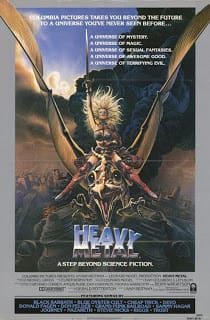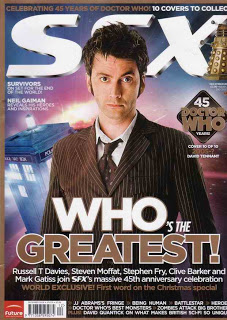Here’s an article I wrote quite some years ago. I probably did it at around about the time films like Armageddon were doing the rounds since it seem likely the reporter or the news story concerned was looking for something ‘topical’.
WHO THREW THAT?
So, on February the 1st 2019 there is a chance, cosmically speaking, of a large lump of rock slamming into Earth. According to ‘expert opinion’, so the media told us on the morning of this announcement, this thing is a mile and half wide and will impact with enough force to wipe out a country the size of Britain. This was then upgraded, within an hour, to be one capable of wiping out the USA – a change I put down to both media hype and a dearth of information. Of course experts will vie with each other to predict greater and greater disasters to get themselves on television, so you can expect by the time you read this that the asteroid will destroy all life on Earth. But then maybe it could. What happens if it hits the oilfields, what changes might it make to the weather, might it perturb Earth’s orbit enough to sling us into an ice age or turn everything to desert? I’m not an expert, so I can’t really say. At present, measurements are not yet accurate enough to tell us precisely what will happen. The asteroid will probably miss us completely and go round for another try in ex-thousand years time. What is certain is that measurements will become more and more accurate as the asteroid draws closer. Personally, I hope that they show, in the near future, that the asteroid is certain to impact. This is not because I am a nihilist, but because such a state of affairs would impel the kind of hard technological advances not seen since the World Wars. We have the time and ability to stop this thing, but we would have to get off our arses to do so. Such a threat could pump huge amounts of cash, heretofore blown on military spending and idiot bureaucracy, into giving us a firmer foothold in space. Resultant developments would be hugely beneficial and solid – we would not be able to afford the dipstick mistakes that have wasted the last few Mars’ missions – and I can see that how once the rock is blown off course there’ll be no turning back. Suddenly we’ll be dwellers in a huge and hostile universe, not post-Copernican Earthlings. And even those grandads saying, “Well, we didn’t have those new-fangled asteroid thingies in my day,” will have to sit up and take notice. For the SF writer there are other situations to extrapolate. Taking the phrase ‘capable of wiping-out the USA’ it is almost inevitable that the Bin Ladens of this world will say that it has been sent to do just that. Let me predict that they’ll name the asteroid ‘The Fist of God’, and that fundamentalist terrorists will do everything they can to sabotage any project to change its course. Because there will be no guarantee that the project will be successful, a more careless attitude to life and liberty might prevail. Maybe the Western World would take this opportunity, in the purported interests of humanity, to flatten the Middle East and take control of the oil. Don’t doubt this possibility. It’s worth being reminded that the firepower of a couple of nuclear submarines could do the job. Have people already forgotten what atomic bombs can do, and more specifically, neutron bombs? Perhaps Pakistan and India will take this opportunity to settle their differences – end-of-the-world scenarios being an excuse for all sorts of mayhem. Will China just sit back and watch all this? And, there is always the most unlikely possibility: this could be a unifying influence on the entire planet. Taking an even larger and more tongue-in-cheek view, one might even wonder about the timing. Consider how fortunate we were to have a moon that strips away atmosphere thus preventing this planet going catastrophically greenhouse and ending up like Venus – a moon that also gives tides so that life developing in the water will certainly also end up on land. Previous impacts wiped out life forms that would not have led to us. The asteroid that drove the dinosaurs extinct ended the 160 million-year reign of creatures that showed no signs of growing brains larger than peanuts. Aptly-timed ice ages then led to the survival of creatures with an interest in banging rocks together. A hundred years ago we would have been unable to do anything about the approaching cataclysm, moreover, probably would not even have detected it. This is all obviously the determinist 20/20 hindsight of the bible-thumping trench survivor: “God loves me, that’s why the shrapnel took the top off of Harry’s head and not mine.” But it’s just as obvious that the aliens sent this rock, and that we have seventeen years in which to prove ourselves fit to join the galactic community.

